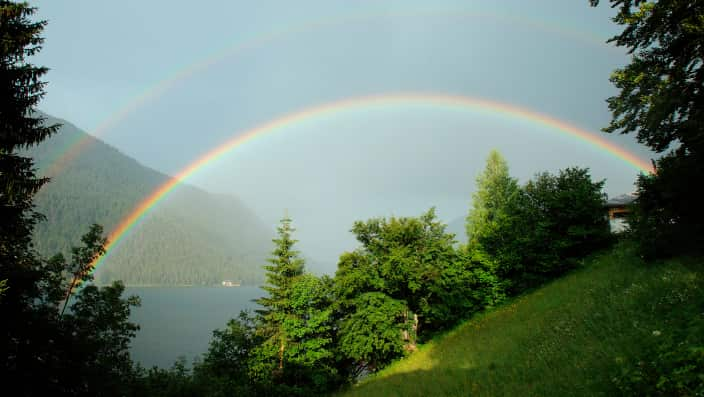Key Points
- The 128-hectare greenfield site at Harkness represents the largest cemetery development project in Victoria for 100 years.
- A team is advocating for a safe space for queer memorials within Harkness Cemetery where the community will be to honour the history and resilience of the LGBTQ+ community.
- Alex Antunes is a speaker at the Redesigning Deathcare Conference 2022 in October in Melbourne and invites us to reimagine the future of dying and death.
Portuguese descendent Alex Antunes, 46, from Melbourne, talks about death in a light, easy way. “It will happen to all of us,” she says, matter-of-factly.
“I like to talk about death when we are happy and healthy. It's not morbid for me. I think we should all talk about it and take control of our deaths.”
Ms Antunes works on several fronts, she is an Aged Care PCA, has recently started working at a funeral home, runs her IG account ‘Alex Dies in the End’, and organises from time to time the ‘Death Café; An Open facilitated discussion on death and dying for LGBTQI+’.
Her curiosity about death and dying came after she experienced the death of her father, five years ago and her mother in law, a few months later.
“These experiences made me come to terms with the idea that death is a reality of life.”

"Como sou guitarrista, gosto às vezes de tocar, cantar, e assim acho que fico pelo menos ligada à cultura de Portugal," diz Alex. Credit: supplied
“I quit my job in the IT field and started looking for a job that I liked.”
Ms Antunes recalls that it was around the time of the Covid19 lockdown in Melbourne when she became more introspective and started exploring death in a meaningful way.
"Deaths, while sad, have the potential to enrich our understanding of life and others," she says.
Deeply connected to her Portuguese roots, Ms Antunes decided to start researching how migrant communities face death.
“My project came about because I started thinking about grandparents and great-grandparents and the traditions they had in Portugal. I think they were much more familiar with death than we who live in the city.”
Recorded interviews with her mother and friends uncovered how people in the small Portuguese village of Oleiros dealt with the dying and how they experience death as a community.
In small Portuguese communities, says Ms Antunes, people take care of each other. They do what they had to do. When someone dies, they wash the body, dress the body, prepare it for burial, pick flowers, pray, dig the grave.
I found out that my grandmother helped prepare the bodies for burial. This touched me, as I do this at the funeral home.Alex Antunes
“The funeral ritual has the power to help the community express their emotions and move from the state of grief and pain to the next stage.
The interviews will be part of a blog, magazine or journal.
Reimagining the public cemetery
Alex Antunes is part of the LGBTQ+ Committee that is calling for a special location inside Melbourne's new Harkness Cemetery.
Harkness next to Sunbury in Melbourne is a new 128-hectare cemetery under construction. It is an innovative project, with parks, gardens, areas for children, pets, and even paths for runners and cyclists.

"As mortes, embora tristes, têm a possibilidade de enriquecer nossa compreensão da vida e dos outros," diz Alex. Credit: Getty
The ability to choose grave and burial options which are in line with the LGBTQ+ identity, is part of the document Ms Antunes and her team presented at the Harkness Cemetery community consultation sessions.
The group's list includes fire pits, accessibility options, toilet facilities for all genders, such as gender-neutral toilets, and a space for artistic and musical expression.
“We see so many dedicated spaces for various religions, children, pets, and we thought 'what about us?'. Are we also part of the community?” argues Ms Antunes.

Cemitério de Peterborough, em South Australia: ao contrário das cidades grandes as comuniddes do interior são mais unidas em seu luto. Credit: Getty
“LGBTQIA+ people are currently not visible in cemeteries, young people often look for a family, when their biological family does not welcome them.”
The next meeting between the community and the Northern Metropolitan Cemeteries Trust team will take place at the end of the year.
According to the NMCT website, the masterplan for the new public cemetery at Harkness is now complete and the community stakeholders will be informed if their request for a colourful, dedicated rainbow section will be moving forward, at the next meeting.

That feeling of awe you get when you see a rainbow? Coming from your brain.




